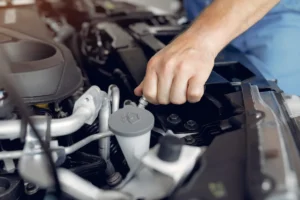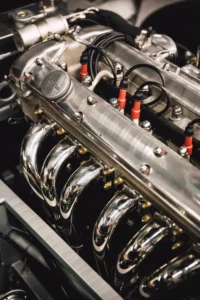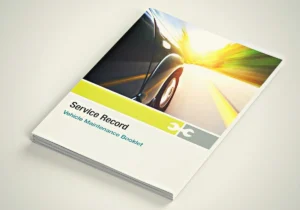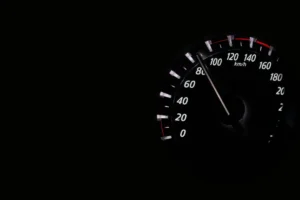According to the recent research by TransUnion revealed that many customers who qualify for a new vehicle loan still opted for more affordable “nearly new” second-hand luxurious cars instead.
But, buying a used car is baffling. Whether you’re browsing through online portals, those lists of used cars for sale, or in touch with an automobile broker, the whole experience can be staggering, especially for first-time buyers. Plus, second-hand cars usually don’t come with warranties and other perks.
With that in mind, today, we’ve compiled a list of five common used-car-buying mistakes to stay clear of. Read on to find out:
Mistake#1 – Not Doing the Homework
Some people skip doing the research work when searching for a secondhand car, mainly because they feel that this is not as big an investment compared to when buying a new car straight from the showroom.
In this age of the Internet, the process of buying a car has become more democratized than ever. We have access to every minute fact and figure about a specific car brand or model. This includes mileage, body, engine type, and safety features like airbags, ABS traction, etc.
So, there’s no reason you need to step in a local used car sale mall or contact sellers without having first researched the vehicle online.
Mistake#2 – Not Checking the Vehicle’s History Report
Most buyers understand the importance of flipping through the vehicle’s history report for its self-evaluation. However, some still overlook the importance of this report, and they trust the words of the car agent or the seller. But, this can lead to problems later on—hefty repair bills now and then.
Vehicle history is a detailed outline that tells everything that the vehicle has gone through, such as massive repairs and minor or major accidents. Was it used as a rental vehicle? What are the exact kilometers covered?
Thus, a car’s history report provides all the necessary details for a transparent secondhand buying experience.
Most used car dealers have this report available for their customers to go through and finalize, whereas private sellers might not have it. So, you also need to prepare a quick checklist related to technical specifications.
Mistake#3 – Not Considering Fuel Efficiency
Ignoring fuel consumption is another common mistake that buyers make when searching for pre-owned cars.
Ask yourself, would you go with a low mileage returning SUV that will burn a hole in your pocket every day or a good fuel-efficient vehicle such as a hatchback like the Nissan Murano to meet your primary purpose of having a car?
Whatever you do, don’t overlook the vehicle’s mileage rating when fuel prices are soaring. Additionally, with used cars, we can expect frequent repairs and regular maintenance compared to brand new ones.
So, in a nutshell, opting for fuel-efficient economic car models is better for having an overall economy car ownership experience.
Mistake#4 – Skipping a Full Inspection
Second Hand car buyers often ignore full inspection to save some dollars from not having to rope in a vehicle specialist from Auto Service Adelaide. They prefer doing it all by themselves.
Because we barely get to know about the car just by having a glance so never finalize the deal without conducting a full professional inspection. It is advised to have a qualified mechanic look for the fluid leaks as well as the engine check-up.
At the same time, the mechanic will analyze the brake pads and tires, and inform you if replacements are needed soon.
Before you fret over a few dollars that you’ll be spending on this service, remember that you can use their advice to your advantage in negotiating the price and bringing it down. So, it’s always worth the money spent.
Mistake#5 – Not Taking a Test Drive
Car buyers feel timid asking the agent or the car seller for a test drive to better understand the performance of their prospective vehicle.
Whether you are considering a secondhand car or a brand new one, get in the car and drive it before you ink the deal. It will tell you a lot about whether or not it’s the right car for you.
Settle into the driver’s seat and have a look around before you turn on the ignition, check how the visibility is via the rear windscreen? How does the interior feel like? Does the car give a satisfying clunk? Are there any rattles?
In a Nutshell,
Therefore, get all the answers from your respective car deal and then move ahead with the final purchase. The importance of a test drive is detrimental to help you make the final call based on the overall performance.
Did we miss something important when buying a second-hand car? Share it with us in the section below.







